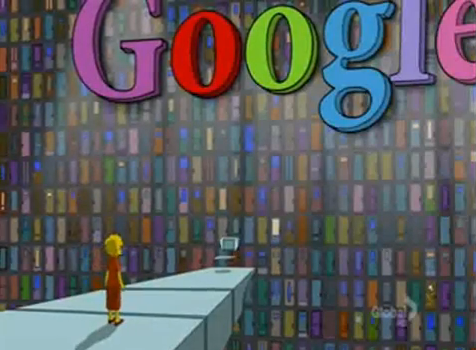The Audioclef Vault is a download site that allows artists to sell personalized prepaid cards called the Vault Access Cards (VACs) that allow temporary access to the artists’ personal online Vault. While inside the personal Vault, the purchaser can download practically everything- songs, lyrics, videos, wallpapers. The system does away with compact discs.
The program is very simple yet very ingenious. The vault is just a simple download site where people can download everything they want for a small price. It is just like purchasing from itunes Store, bargain style. A music song on itunes Store is $0.99, that’s around P42 per song. An album on a music vault costs only P99.
The Vault can be very helpful to aspiring artists. Making money out of their music can be easier. All they have to do is coordinate with Audioclef, create their personal vaults, upload their music, and sell very affordable VACs. That way, they can distribute quality copies of their songs and earn.
The music vault is a viable solution to piracy. Most people buy pirated copies and download torrent copies of songs and movies because the originals are just so beyond their means. However, with the option of getting best quality copies for very affordable prices, I think people will patronize this new concept over the poor quality pirated copies.
Plus, I also think the concept is very eco-friendly. The system does away with CDs. That means less plastic for the CD itself, and lesser plastic for the CD case. I just hope the VACs are biodegradable and eco-friendly as well.
All things considered, I think this music Vault is highly commendable and very promising. I hope it makes its way to more record labels. It’s high time that people think of more practical solutions to piracy and global warming. Shutting down torrent sites and confiscating pirated CDs and DVDs will not do. It has not worked in the past and will never work. New sites will just be born, and more CDs will just be burned. Making a good competition might just do the trick.

















